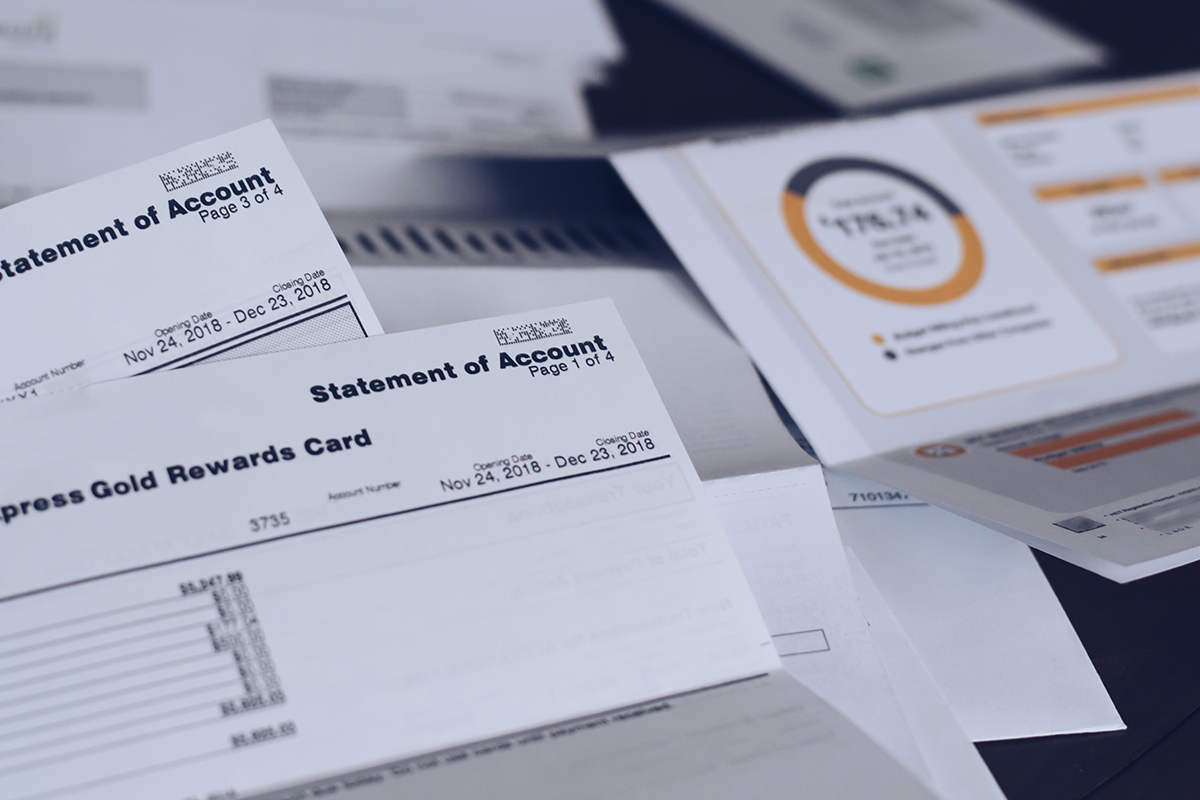Financial Statements
Financial statements are necessary for many firms to meet banking regulations, provide investors with financial information, and other purposes.
The majority of internal accounting software programs can automatically generate these statements. But most people who read these statements recognize a CPA’s contribution to their production.
When we are involved with a financial statement of one of our customers, as CPAs, we have ethical obligations that we must uphold.
As a result, readers are more likely to believe them than those that are created by management.




Non-audited Services
Under professional standards, we have three levels of non-audited services that we can provide.
1. Reviewed financial statements
Reviewed financial statements will have been subjected to a series of analytical procedures and inquiries of management. The statements will be comprehensive with full disclosures.
Our report will state that the procedures are considerably less than an audit. Our workpapers will fully document all of the procedures and inquiries performed.
2. Compiled financial statements
Given our knowledge of the company and its industry, we will have prepared compiled financial statements. The statements may or may not be comprehensive with all disclosures. Anything omitted will be described in our report.
We will read the statements (as knowledgeable professionals) and will pursue anything that looks unusual to us. Otherwise, we perform very few analytical procedures or inquiries to management. Our report will state that we did not audit or review the financial statements.
3. “Plain paper” financial statements
“Plain paper” financial statements are essentially compilations that do not include a report from us. They may only be provided to management with no further distribution allowed.